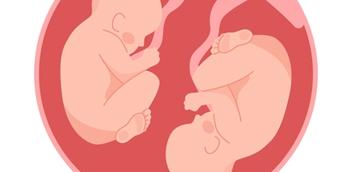
Does cigarette smoking increase breast cancer risk?
In the latest study to attempt to determine whether cigarette smoking increases or decreases a woman's risk for breast cancer, researchers from Harvard University found that active smoking, particularly before giving birth for the first time, modestly increases the risk for the disease.
In the latest study to attempt to determine whether cigarette smoking increases or decreases a woman's risk for breast cancer, researchers from Harvard University found that active smoking, particularly before giving birth for the first time, modestly increases the risk for the disease. These latest findings come from a prospective cohort study, perhaps the largest to date on the subject, involving more than 111,000 women from the Nurses' Health Study from 1976 to 2006 for the active smoking arm and another 36,000 women from 1982 to 2006 for the passive smoking group.
During more than 3,000,000 person-years of follow-up, 8,772 cases of invasive breast cancer occurred. After adjusting for potential confounders, the hazard ratio for breast cancer was 1.06 (95% Confidence Interval [CI], 1.01-1.10) for ever-smokers compared with never-smokers. Incidence was associated with a higher quantity of current (P for trend=.02) and past smoking (P for trend=.003), younger age at smoking initiation (P for trend=.01), longer duration of smoking (P for trend=.01), and more pack-years of smoking (P for trend=.005).
Premenopausal smoking slightly increased the risk (hazard ratio [HR], 1.11; 95% CI, 1.07-1.15), particularly when smoking began before the woman's first pregnancy (HR, 1.18; 95% CI, 1.10-1.27 for every increase of 20 pack-years).
Xue F, Willett WC, Rosner BA, Hankinson SE, Michels KB. Cigarette smoking and the incidence of breast cancer. Arch Intern Med. 2011;171(2):125-133.
Newsletter
Get the latest clinical updates, case studies, and expert commentary in obstetric and gynecologic care. Sign up now to stay informed.









